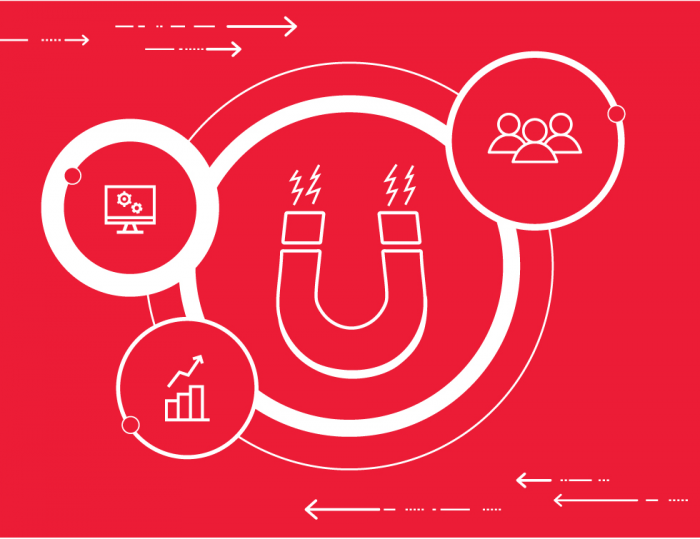
Businesses today are facing a mammoth digital challenge—they’re striving to find ways to extract value from data. That is, they want to achieve specific business outcomes while the volume and variety of available data are rapidly increasing.
And don’t be fooled: Searching for those specks of data gold in a roiling sea of information is no easy feat. It takes the focus and effort of data scientists to do the mining, development teams to craft analytics applications that support smarter decision-making and fuel innovation, data stewards to maintain data quality and security, and IT folks to ensure availability and performance. Different teams and different goals for data means analytics applications often take too long to develop and reach the users who need them. Or they might not do what they’re intended to, which is help grow the business.
To make analytics more effective, organizations are replacing traditional data management with an emerging set of practices focused on collaboration and automation. It’s called data operations, or DataOps, a confluence of advanced data governance and analytics delivery practices that encompasses the entire data life cycle, from data retrieval and preparation to analysis and reporting. Like DevOps, which aims to speed up software development, DataOps incorporates agile and continuous-delivery development methods supported by on-demand IT resources. DataOps promises to help organizations optimize their data management; drive initiatives involving data-intensive technologies such as artificial intelligence, machine learning, and deep learning; and consistently produce desired business outcomes.
Don’t settle for half the story.
Get paywall-free access to technology news for the here and now.